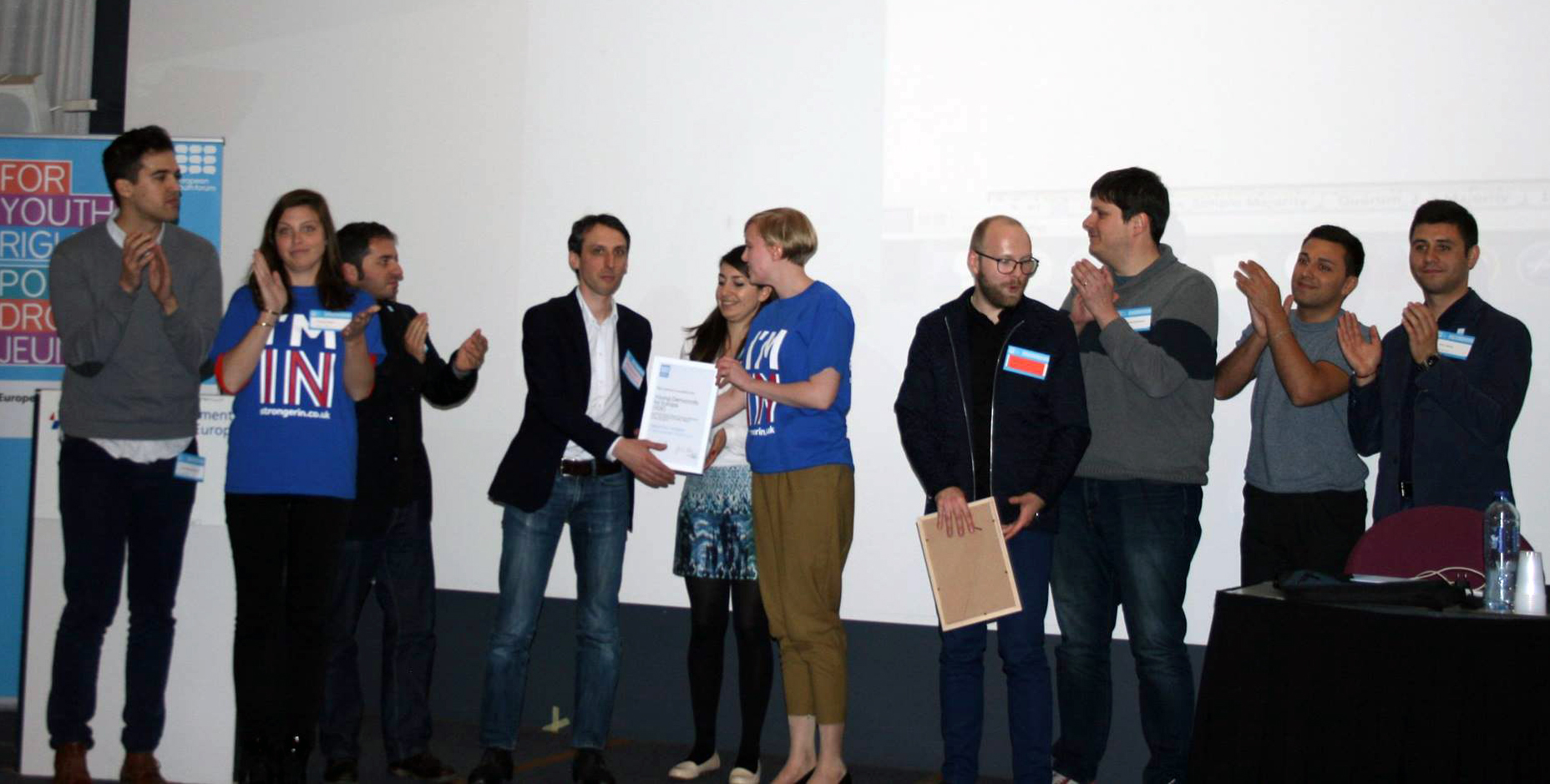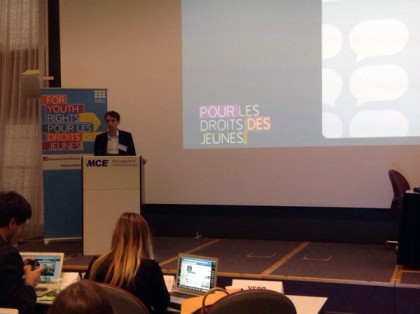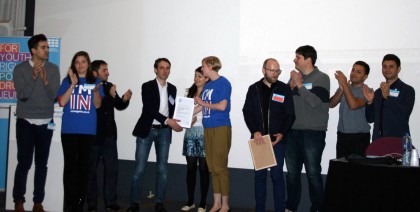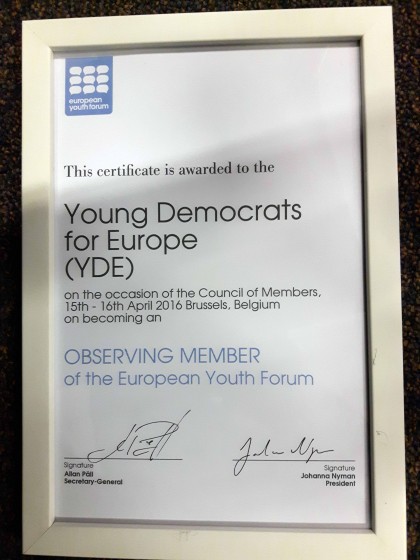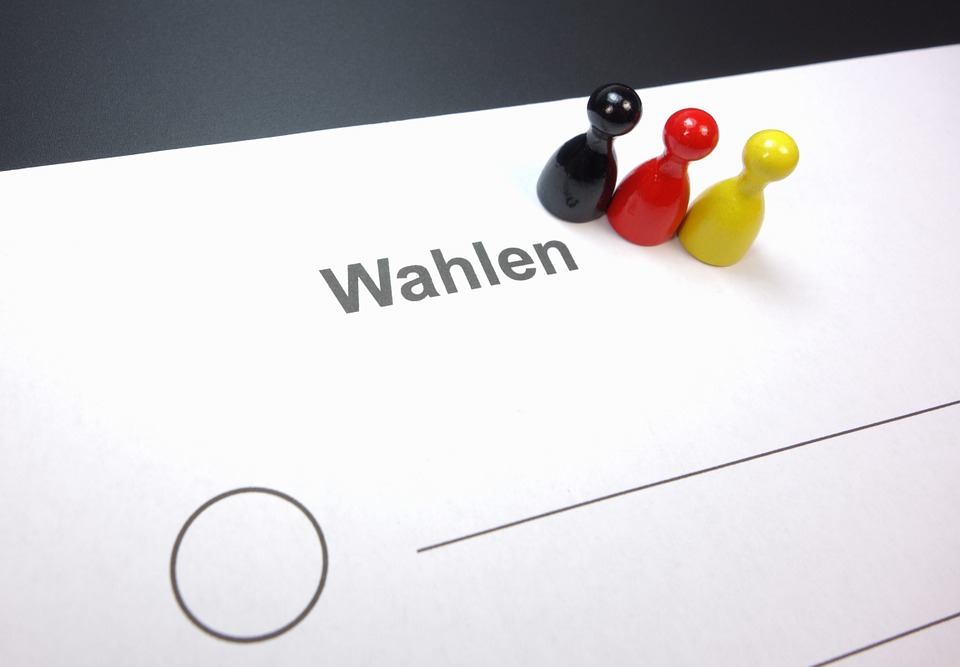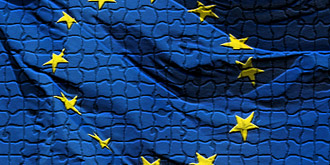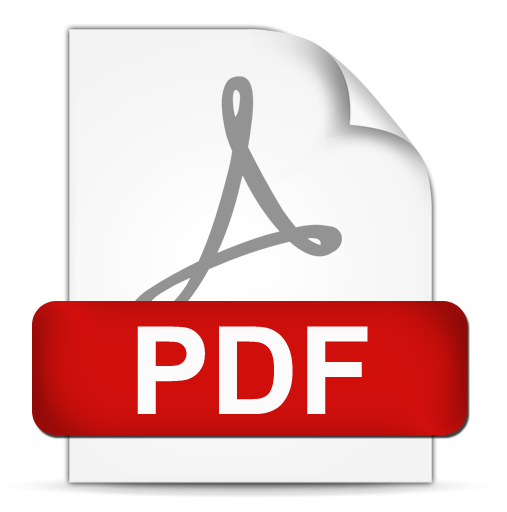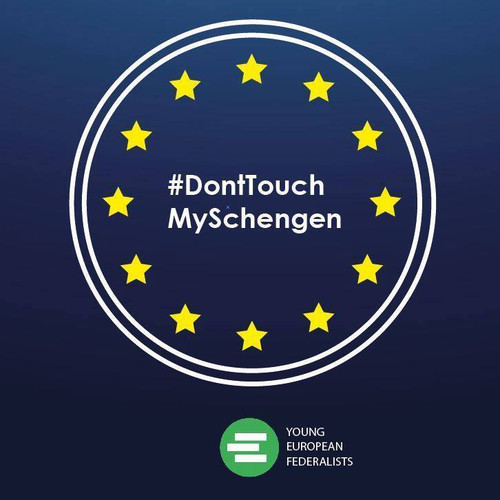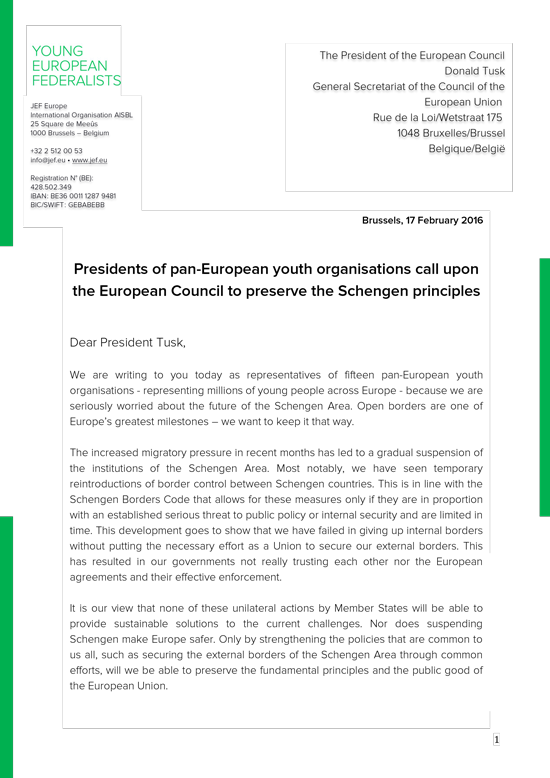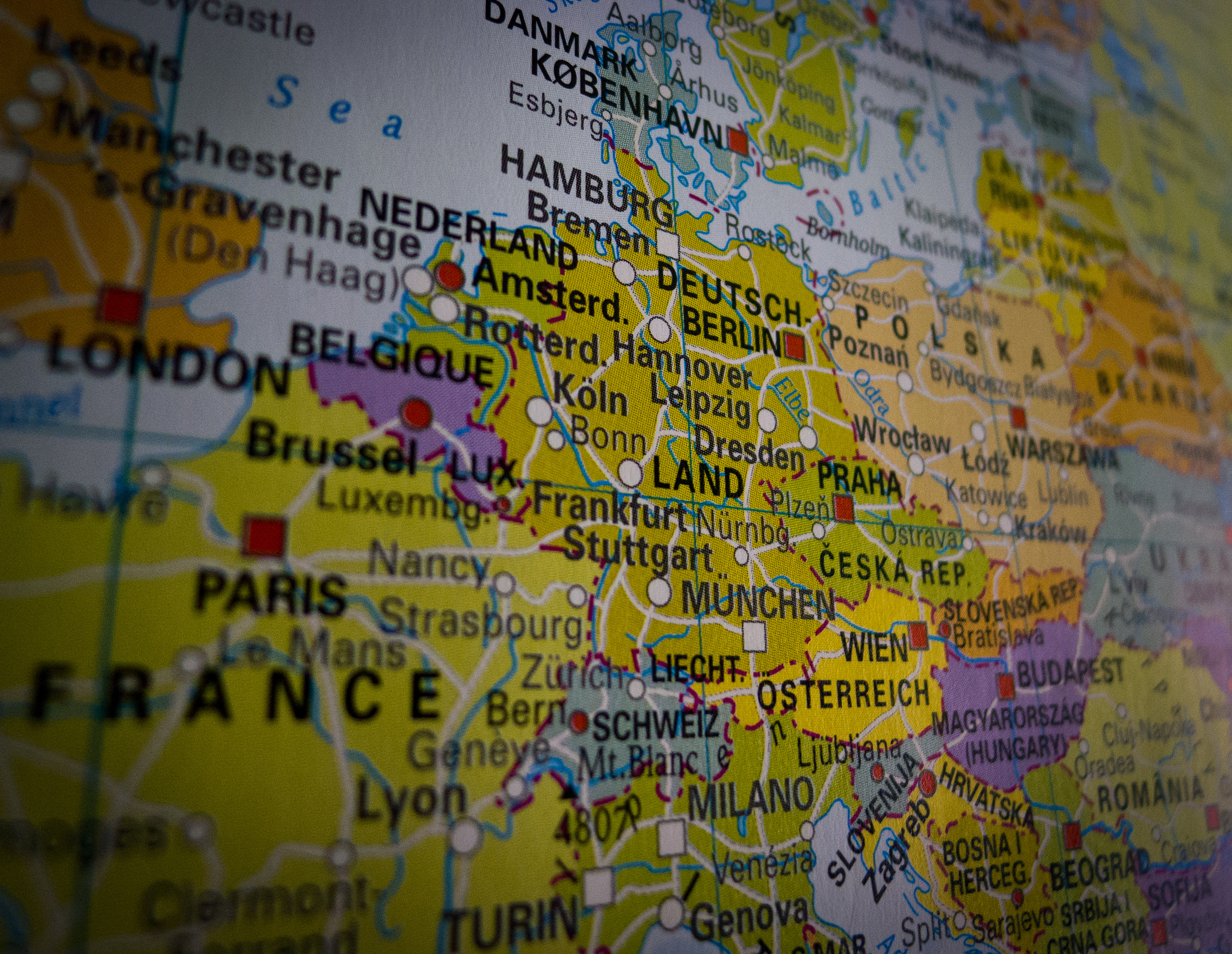State elections in Germany: right-wing-populist-party AfD enters three parliaments
During the past weeks, Germans have often made fun of the Americans. “How can they vote for someone like Donald Trump?” German people would ask. And they cannot be blamed. The Republicans’ presidential candidate wants to forbid the entry in the United States to Muslims; he wants to bolt the Mexican border with a wall and describes himself as “the best president God has ever created”. Regarding his statements and demands, we are stunned and also about the Americans’ electoral behaviour. But with the last state elections in Germany on March 13, the situation in Germany turned out to be as worse as in the United States.
24.2% is the score the right-wing party Alternative für Deutschland (AfD, Alternative for Germany) did receive in Saxony-Anhalt at its first election! This result is frightening and dangerous. In Baden-Wurttemberg (15.1%) and Rhineland-Palatinate (12.6%), the situation is hardly better. After this electoral Super-Sunday, the political map of Germany has changed. A party that wants to allow shooting at refugees, to dissolve the EU, to abolish social benefits and to prohibit Muslims from practising their religion is now represented in eight of the 16 federal state’s parliaments. “The AfD confesses to the traditional family as an example” and rejects state kindergartens. Men should work; women should educate children and stay at home to cook. Every vote for the right-wing populists is a retrograde step.
UKIP in the United Kingdom, the Front National in France – and now the AfD in Germany. The biggest reason why parties like these could get that popular is the refugees’ crisis: hundred thousands of people fleeing from their native countries from war, to Europe, to Germany. The AfD takes advantage of this, rushes and shrinks back from nothing; and gets votes – alarmingly many votes. The AfD gets voters from the established parties; however, non-voters give primarily their votes to the right-wing-party. Besides, three of four voters indicate to have chosen the AfD not because of their manifesto, but to teach a lesson to the governing parties.
Already once in German history a right-wing-party scored such a great success in such a short time! It should not only be a German effort, but also a European one, that this will not happen again. Established centrist parties must take the citizens seriously, their demands, worries and fears. They must not give them a reason to vote for a right-wing party only to teach a lesson. This is the only way to maintain our democratic and pro-European values. However, the AfD is not one thing for sure: an alternative.
By Bettina Schwarz (@betti_schwarz)
Photo: Túrelio

